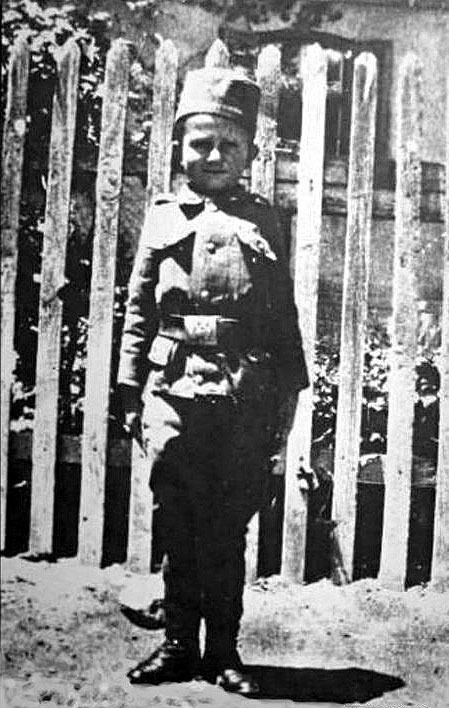Anti German hysteria in the United States during the WW1
During WW One, german americans were sometimes accused of being too sympathetic to the German Empire. Former president Theodore Roosevelt denounced "hyphenated Americanism," insisting that dual loyalties were impossible in wartime.
Anti-German fervor during World War I resulted in the renaming of German (or German-sounding) food. Sauerkraut became liberty cabbage, frankfurters became hot dogs, and salisbury steak turned into meat loaf. German-named streets were renamed. The town of Berlin, Michigan was changed to Marne, Michigan (honoring those who fought in the Battle of Marne).
Congress passed a bill that required all German-language newspapers published in the United States to print an English translation of any comment respecting the government of the United States, or of any nation with which Germany is at war, its policies, international relations, the state or conduct of the war, or any matter relating thereto.
Thousands were forced to buy war bonds to show their loyalty. The Red Cross barred individuals with German last names from joining in fear of sabotage. One person was killed by a mob; in Collinsville, Illinois, German-born Robert Prager was dragged from jail as a suspected spy and lynched. A Minnesota minister was tarred and feathered when he was overheard praying in German with a dying woman . In Cincinnati, the public library was asked to withdraw all German books from its shelves.

In Iowa, in the 1918 Babel Proclamation, the governor prohibited all foreign languages in schools and public places. Nebraska banned instruction in any language except English, but the U.S. Supreme Court ruled the ban illegal in 1923 (Meyer v. Nebraska). The response of German Americans to these tactics was often to "Americanize" names (e.g. Schmidt to Smith, Müller to Miller) and limit the use of the German language in public places, especially churches.
Civilian Internees
In anticipation of support for Germany among U.S. immigrants, President Wilson issued two sets of regulations in 1917, imposing restrictions on German-born residents. Some 250,000 people were required to register at their local post office, to carry their registration card at all times, and to report any change of address or employment. The Justice Department attempted to prepare a list of all German aliens, counting approximately 480,000, more than 4,000 of whom were imprisoned in 1917-18. The allegations included spying for Germany or endorsing the German war effort. Some remained in custody until as late as March and April 1920.
Source: Boundless. “The Anti-German Crusade.” Boundless U.S. History. Boundless, 21 Jul. 2015.




